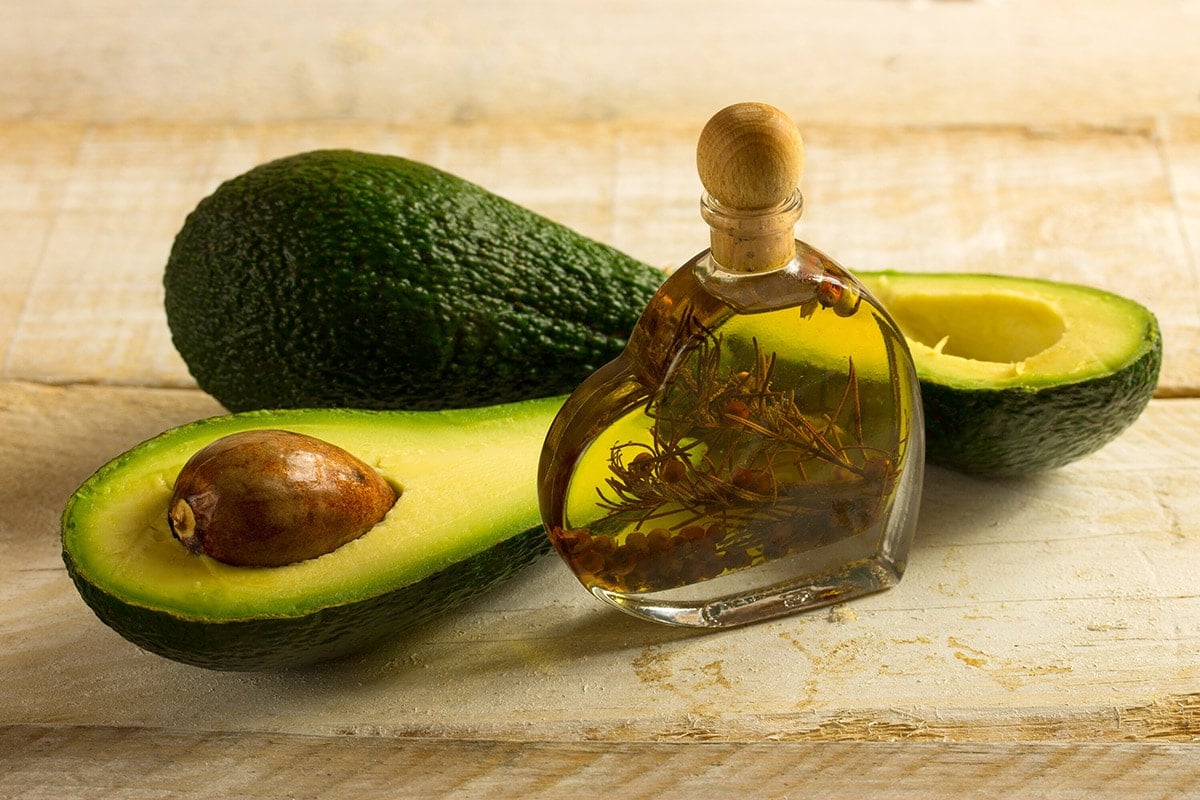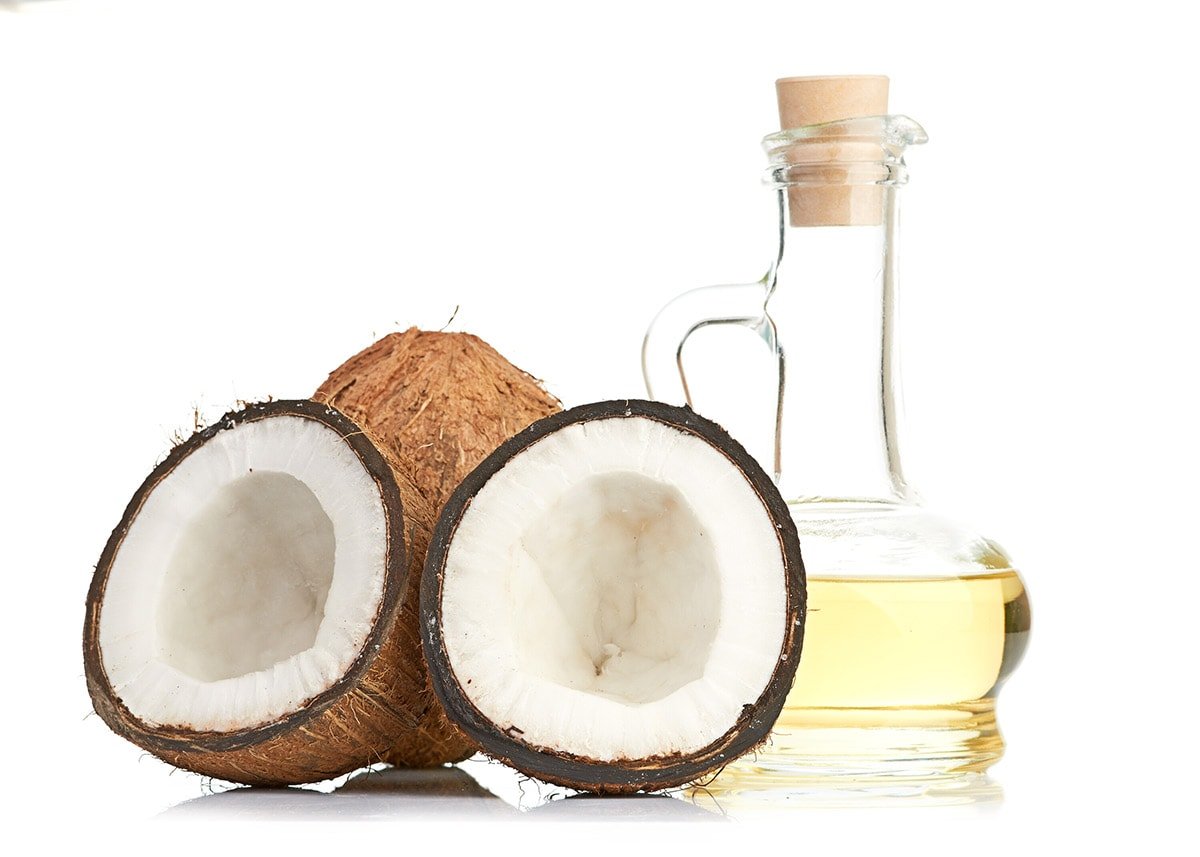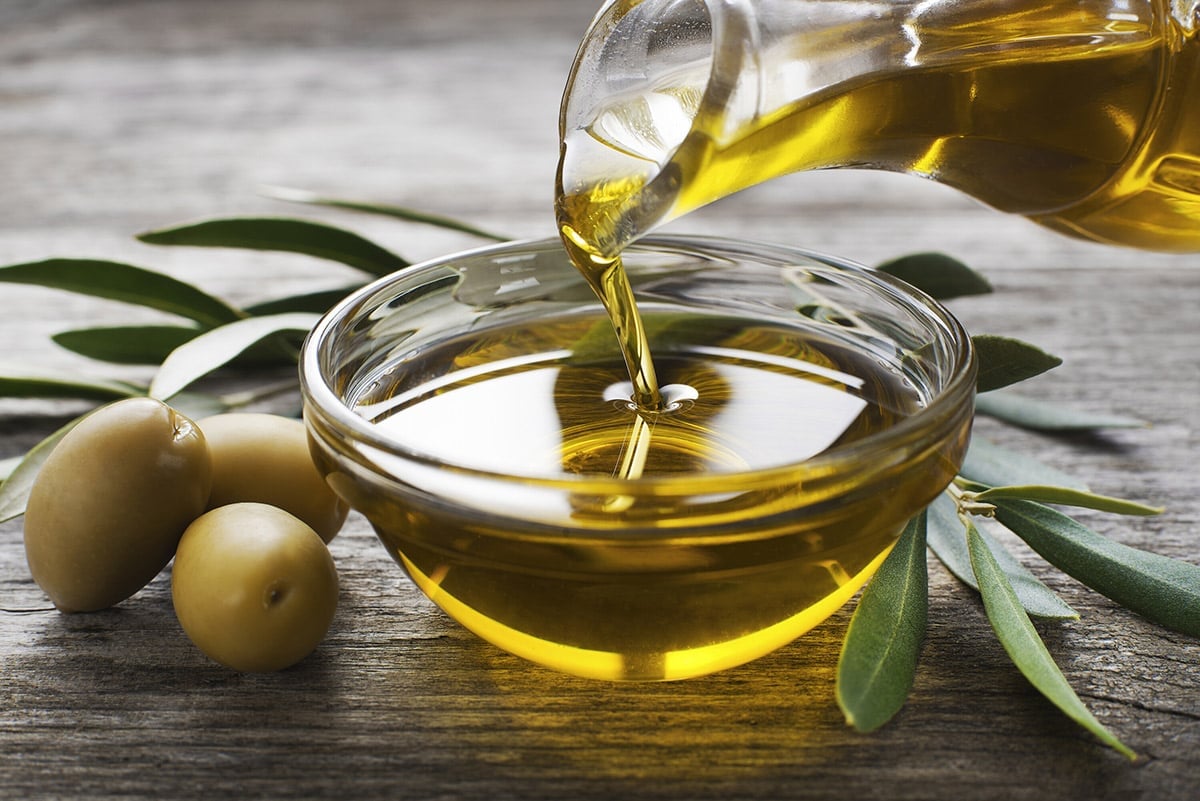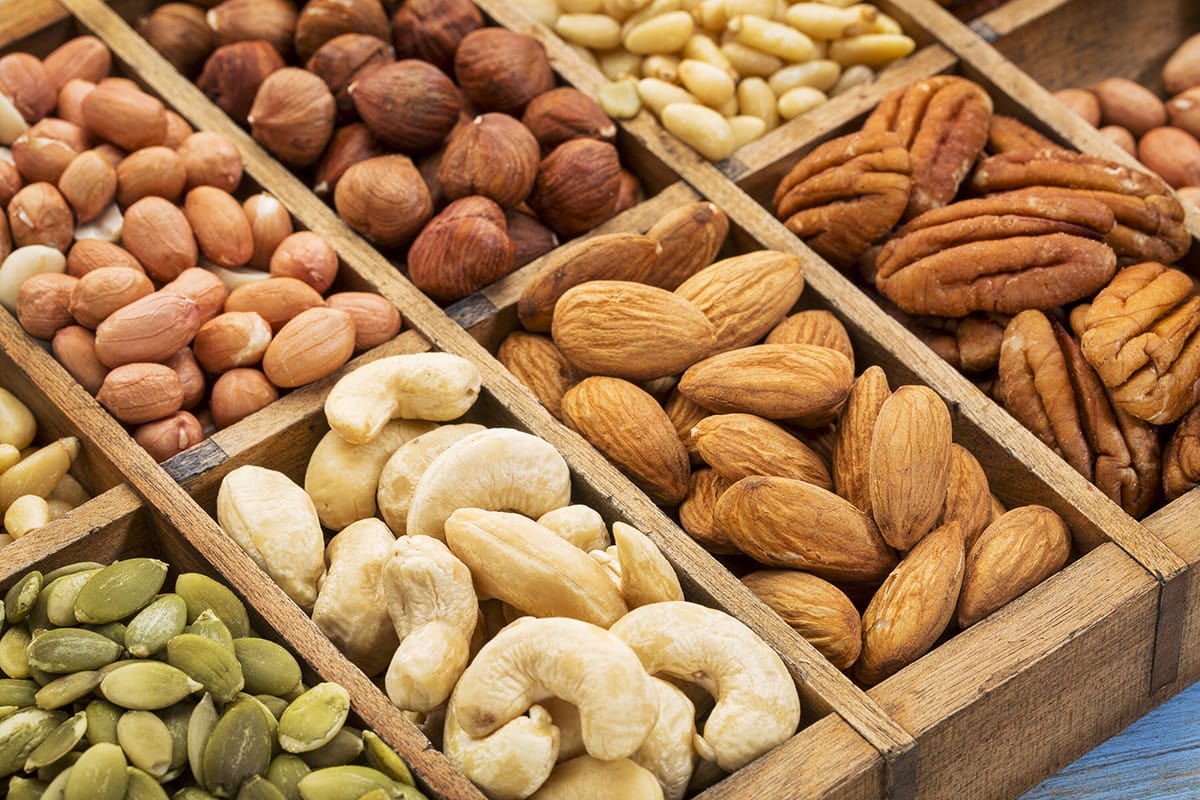Healthy Fats for Vegans
Whether you’re already a vegan or considering making the switch to veganism, it’s important to learn how to maintain optimal health through your diet. Some fats that vegetarians and vegans commonly eat, like vegetable oils and margarine, can be quite harmful to your health. Besides being non-vegan, these fats may not always be vegan friendly. That’s where healthy fats for vegans come in.
This article explains more about the healthy fats for vegans to consume.
What is Fat?
Like protein and carbohydrates, fat is an essential nutrient needed by the body for different functions, including:
- Absorption of fat-soluble vitamins like vitamins A, D, E, and K
- As a source of fuel
- Maintaining core body temperature
- For the provision of essential fatty acids
- Boosting the immune system
- Promoting satiety and controlling hunger feelings
- Promoting digestion and metabolism
- Maintaining healthy cholesterol and promoting heart health
While healthy fats for vegans can be beneficial to the body, some fats may pose a health risk and predispose you to issues like high cholesterol, high blood pressure, and heart disease.
You may also enjoy reading Best Fiber Foods For Constipation and 11 Best Sources Of Vitamin C.
Saturated vs Unsaturated Fats
Fats are classified as either saturated or unsaturated.
Most foods contain both types, but there is usually more of one type than the other.
Saturated Fats
Saturated fat is solid at room temperature and often found in animal products; however, it’s also present in tropical oils like coconut oil.
High consumption of saturated fat increases low-density lipoprotein (LDL), also known as bad cholesterol. High levels of LDL can increase your risk of stroke and heart disease.
The American Heart Association recommends consuming no more than 13 grams of saturated fat per day. That means even too many healthy sources like coconut oil may not be a good idea.
Unsaturated Fats
Unsaturated fat is usually liquid at room temperature, and it’s naturally present in vegetables and nuts.
Consuming more unsaturated fat and less saturated fat may lower LDL, improve good cholesterol, and lower the risk of stroke and heart disease.
There are two main types of unsaturated fats
i. Monounsaturated fat
Found in olive oil, avocados, safflower oils, sunflower, peanut, and other nuts.
ii. Polyunsaturated fat
Present in walnuts, flaxseed, pine nuts, sunflower seeds, pumpkin seeds, and corn, sunflower, cottonseed, and soybean oils.
Polyunsaturated fat is further classified into omega-3 fatty acids and omega-6 fatty acids.
iii. Trans fats
Trans fat is another form of unsaturated fat produced from vegetable oils but is also present in most animal products like meat and dairy.
It’s the worst form of fat to consume as it lowers the good cholesterol while increasing the bad one and increases the risk of breast cancer and type 2 diabetes.
Trans fats can occur naturally but can be made artificially through hydrogenation. This process turns vegetable oils into solid and semi-solid to increase their shelf life and improve their taste.
They are commonly used in the preparation of margarine and in fast foods.
Healthy Fats for Vegans
1. Avocado

Avocado is one of the world’s healthiest fruit. It’s rich in nutrients and has a fulfilling effect on diet.
This is because of the healthy monounsaturated fats it contains, which initiates early satiety making you eat less and thus maintain a healthy weight.
But that’s not all. The fat in avocado also plays a crucial role in raising the good cholesterol while lowering the bad one. This helps reduce the risk of high blood pressure, stroke, heart disease, type 2 diabetes, and other metabolic conditions.
Avocados are also high in vitamin E, a powerful antioxidant that offers an anti-aging effect boosts immunity, and prevents cell damage by neutralizing free radicles in the body.
Moreover, it contains folate, an essential nutrient, especially for pregnant mothers to prevent congenital disabilities.
Besides eating avocado fruit, cooking with avocado oil, or drizzling it on salads or sandwiches is another excellent way to enjoy the benefits.
In addition, avocado oil has a high boiling point making it suitable for grilling or deep frying. See More, Are Avocados Good For You?
2. Coconut Oil

Coconut oil is quite versatile in its functions. Whether it’s in the kitchen or for beauty purposes, coconut oil has something to offer. Read 11 Proven Health Benefits Of Coconut Oil.
It’s one of the best oils for cooking but has also been shown to improve skin and hair.
What makes coconut oil so important is that it contains medium-chain fatty acids that the body can easily break down, providing a quick energy source for cells and the brain without being stored as fat.
These fatty acids have also been shown to boost fat-burning activities in the body and improve good cholesterol HDL.
The short-chain fatty acids in coconut oil can also be converted into ketones, which have been shown to benefit the brain and can effectively manage Alzheimer’s and epilepsy.
Coconut oil also contains antibacterial properties and has been shown to kill bacteria in the mouth and improve oral hygiene. Simply put a tablespoon of coconut oil in your mouth, let it melt, then swish it around for about 15 minutes, spit it out and go on to brush as usual.
You can use coconut oil directly for cooking or baking. However, it’s not an excellent choice for salads since it’s solid at room temperature.
Also, ensure you buy unprocessed virgin coconut oil as processed has some of the benefits stripped off.
The smell may also be overpowering for some individuals. If that’s your case, use minimal amounts or cook with herbs and spices to improve the aroma.
3. Extra Virgin Olive Oil

EVOO is another one that you should include in all your meals. Read 13 Proven Benefits Of Olive Oil.
It’s a common ingredient in the Mediterranean diet. If you didn’t know, the Mediterranean region is one of the world’s healthiest populations, and some of that is linked to the high consumption of extra virgin olive oil.
Buying the right form of olive oil is essential as olive oil comes in three types: refined, virgin, and extra virgin. Extra virgin is the least processed and the best to consume. It’s high in oleic acid, a type of monounsaturated fatty acid, phenolic antioxidants, and vitamins E and K, giving it its rich health profile.
Regular consumption of extra virgin olive oil has been associated with:
- Reduced blood pressure
- Reduced inflammation
- Improved blood vessel health
- Reduced oxidation of bad cholesterol
- Reduced stroke risk
- Improved insulin sensitivity
- Reduced risk of heart disease
- Healthy weight
- Improved Alzheimer’s disease
- Reduced risk of type 2 diabetes
- Protection against cancer
- Antibacterial properties
You can use olive oil for different purposes, including cooking, baking, salads, and dips.
4. Chia seeds
Rich in calcium, iron, protein, and antioxidants. They make a great addition to any salad or smoothie. With three times more fat than any other seed or grain, it’s no wonder chia seeds have become a diet staple for millions of people around the world.
Chia seeds are rich in omega-3 fatty acids, which have been linked to numerous health benefits, including lowering cholesterol and improving heart health. Omega-3 is also thought to improve memory, alleviate depression and prevent cancer. The best part about chia seeds? They can be eaten raw or cooked. So go ahead, sprinkle them on your morning cereal or add them to your next batch of homemade energy bars! How To Use Chia Seeds In Water?
5. Hemp seeds
They’re often referred to as nature’s perfect protein source. That’s because they contain all 20 essential amino acids and are a rich source of globular protein known as edestin. Edestin is easy on your digestive system, making hemp seeds a great food choice if you suffer from irritable bowel syndrome or any other gastrointestinal issues.
Hemp seeds are a great vegan source of fat since they are packed with omega-3 fatty acids. They also boast an impressive array of vitamins and minerals—like iron, magnesium, zinc, phosphorus, and potassium—all with no cholesterol or saturated fat.
Moreover, they are easy to incorporate into the diet. You can add them to everything from salads and smoothies to roasted veggies and baked goods. The possibilities are endless!
In addition, hemp seeds contain fewer calories than other seeds, making them an easy way to fill up on healthier fats without increasing your calorie intake.
6. Sunflower seeds
A natural remedy that can be used to treat arthritis, heart disease, cancer, and inflammation. Flaxseed oil is a great source of both omega-3 and omega-6 fatty acids.
While these are often at odds with each other in other sources, they work well together when found in flaxseed. One serving (1 tablespoon) contains 1.9 grams of omega-3s and 3.1 grams of omega-6s. It also has about 590 milligrams of ALA (alpha-linolenic acid), which is a type of omega-3 fat.
It’s also rich in lignans, plant compounds that have antioxidant properties and may help reduce your risk of certain cancers. The high fiber content in flaxseed means it will also keep you feeling full longer than other types of fat. Aim for one to two tablespoons per day; add it to smoothies or sprinkle on yogurt or oatmeal. Benefits Of Sunflower Seeds.
7. Sesame seeds
These tiny, brown seeds are high in protein and unsaturated fat, which lowers your cholesterol and helps lower your risk of heart disease. They also offer a great dose of vitamins, minerals, and fiber.
With plenty of vegan recipes available online, such as a sesame seed muffin or sesame noodle stir-fry, it’s easy to get your hands on delicious meals featuring these tasty seeds. Sesame seeds are also popular in non-vegan recipes and are a great addition to salads and other dishes. Additionally, they contain high levels of selenium which help support thyroid function and reduce inflammation in our bodies. See Amazing Benefits of Sesame Seeds.
8. Nuts
With their high protein and fat content, nuts are one of my favorite sources of vegan protein. They are rich in omega-3 fatty acids (making them a great alternative to fish) and heart-healthy monounsaturated fats. The best kind to eat: Raw nuts, like walnuts, almonds, cashews, and Brazil nuts are among my favorites. And here’s why: They are rich in phytosterols, which help our bodies reduce total cholesterol levels. 25 Types Of Nuts.

Regular consumption of nuts may help:
- Lower cholesterol
- Boost brain function
- Improve mood and lower the risk of depression
- Prevent inflammation and fight against disease
- Lower blood pressure
- Maintain healthy blood vessels
Walnuts and almonds are the most common, but Brazil nuts, macadamia, and hazel nuts’ different nutrition profiles may offer mutual benefits.
In Conclusion
Fat is an essential part of a healthy diet, but not all fats are good for vegans to consume.
Too much consumption of saturated fats (common in unhealthy and or nonvegan fats) will increase your blood cholesterol and increase your risk for stroke and heart disease.
Quite the contrary, a high intake of unsaturated vegan fats can improve your cholesterol levels and lower your risk of heart disease.
Just remember to stay off trans fats like margarine. Some healthy unsaturated vegan fats to include in your diet include extra virgin olive oil, avocado, nuts, and seeds.
When it comes to saturated and unsaturated fats, balance is vital. Let your saturated fat intake be very minimal, not more than 13 grams of your daily intake, and often go for healthy vegan sources like coconut oil. You can take as much as you need for unsaturated fats but always remember moderation is always key.
Other Related Articles
- Plantain Banana Nutrition
- 10 Health Benefits Of Mangoes
- 11 Impressive Health Benefits Of Pomegranate Juice
- Benefits Of Ackee
- Blueberry Benefits
If you enjoyed this post about Healthy Fats for Vegans and would love to see more, join me on Youtube, Instagram, Facebook & Twitter!
Join Our Facebook Juice Support Group
Love seasonal recipes? Don’t miss out on my special offer for a limited time! Grab all three of my cookbooks for just $19.99! They’re filled with delicious, healthy dishes that are perfect for every season. Hurry and get your set before the offer ends!
Love You,
Michelle







This looks great for our health
very important for our health
This is a very helpful website to learn knowledge